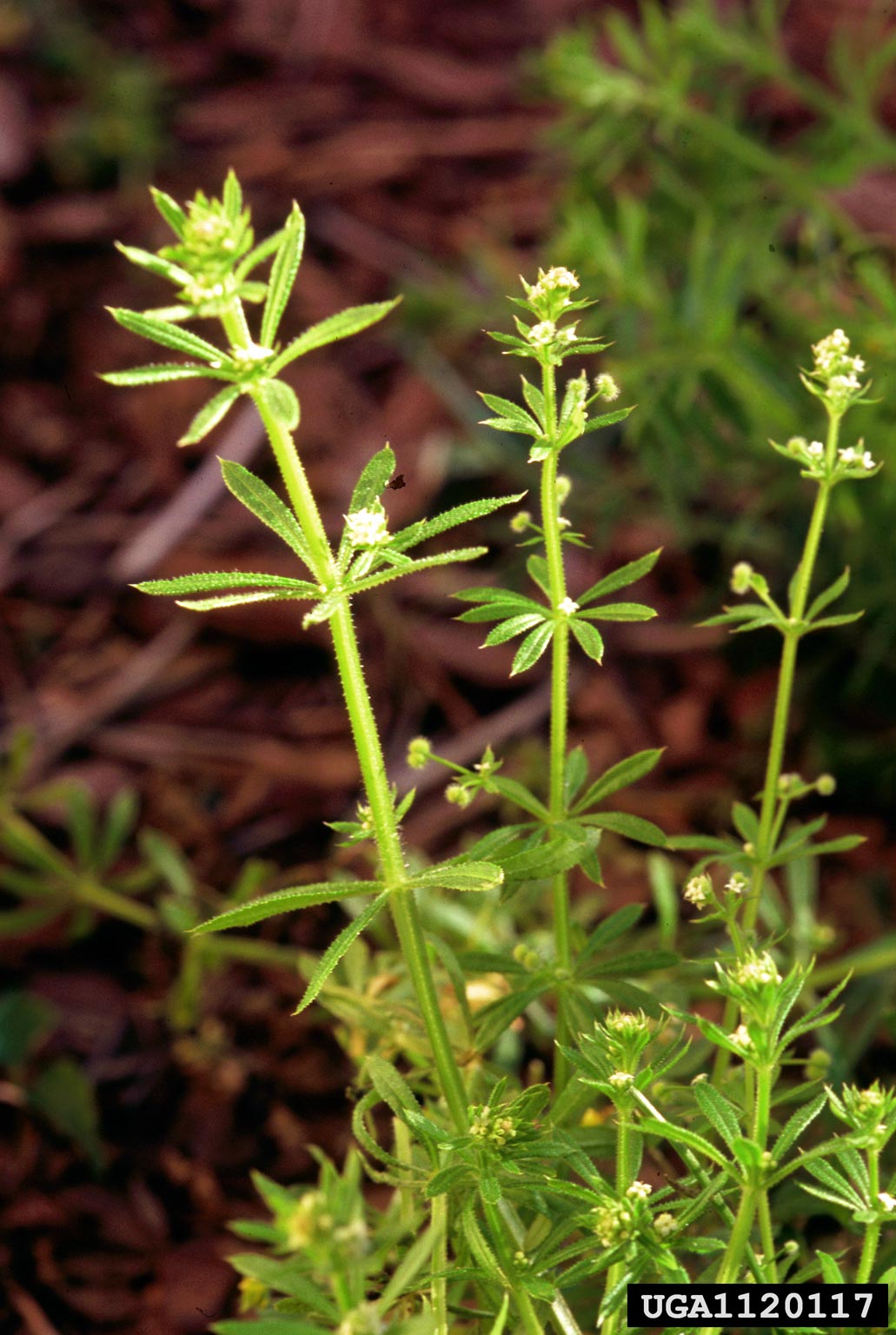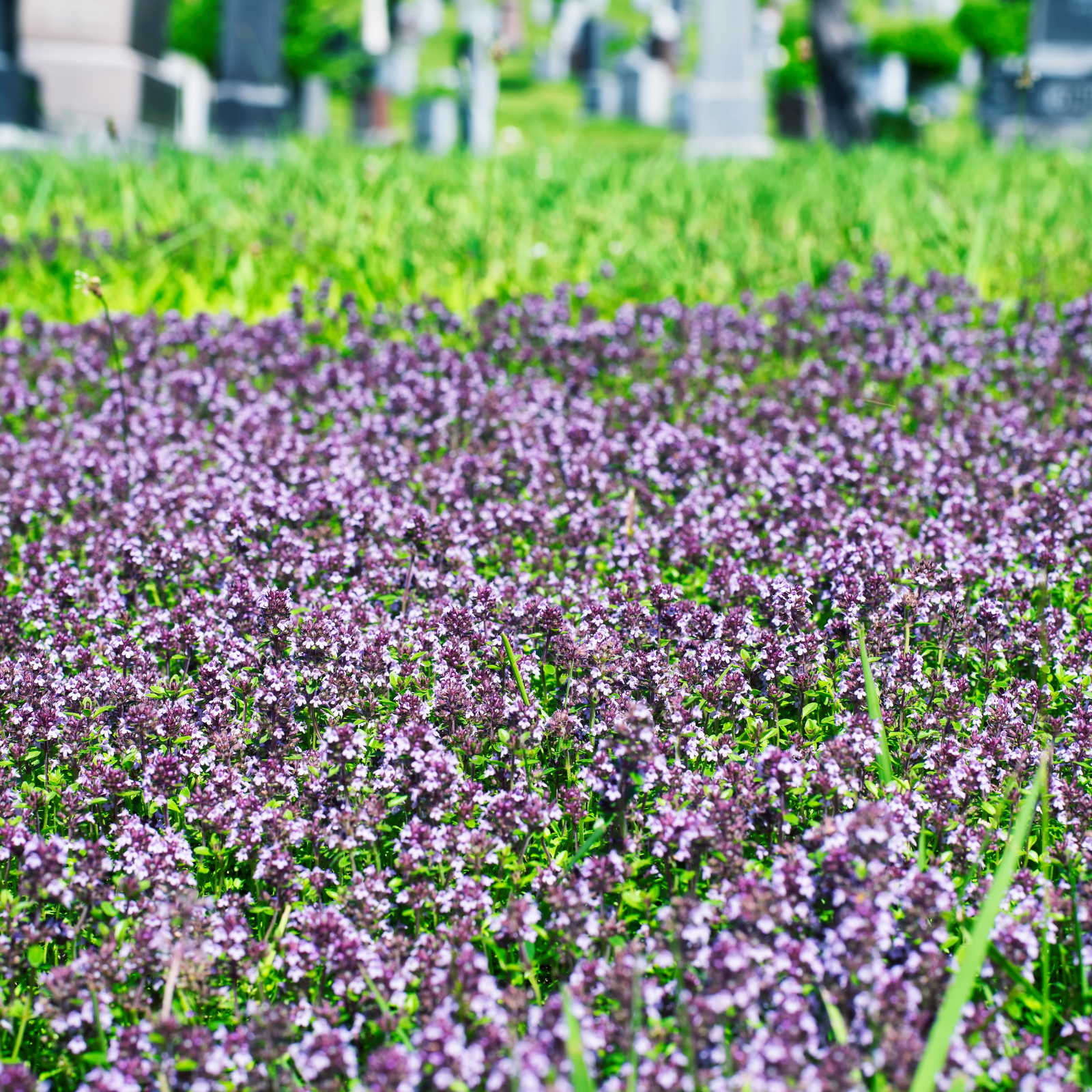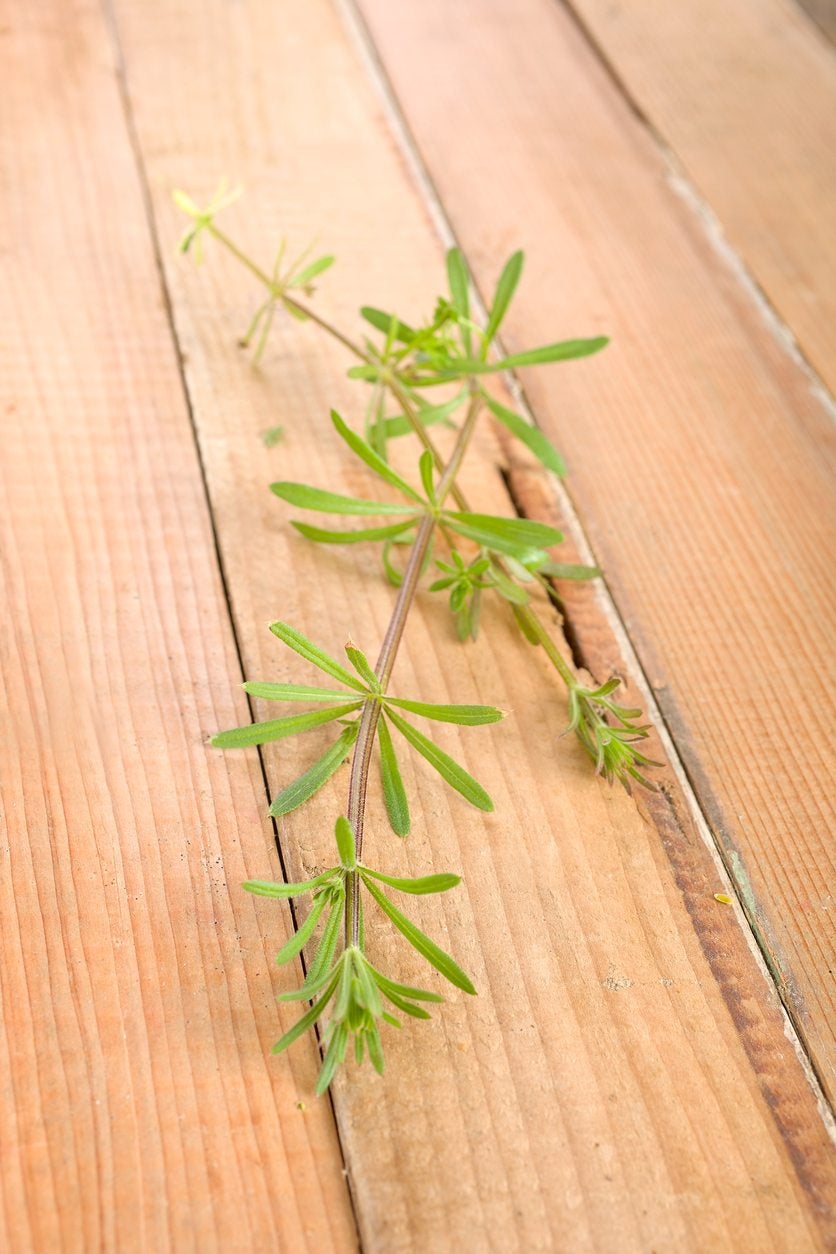Controlling Goosegrass Weeds: Treatment And Control Of Goosegrass In Lawns


Goosegrass (Galium aparine) is an annual weed found in warm season turf grasses. The grass seeds readily and spreads on the wind from lawn to lawn. Find answers to what is goosegrass and learn how to control it in order to grow a healthier lawn. The methods on how to kill goosegrass range from cultural to herbicidal. Goosegrass weed control is essential because the rapidly spreading plant can take over entire areas of the lawn.
What is Goosegrass?
If you have identified the splayed tufts of grass with numerous finger-like blades in your lawn, you will need to investigate how to kill goosegrass. The plant can become established even in hard, compacted soils and is very resilient. The thick leaf blades are difficult to cut with a mower and even after a close trim, lawn grass will look ragged and unkempt if goosegrass is present. The plant is most obvious in warm summer periods, but may persist into winter in temperate zones. The thick, rough blades radiate from a central area in spikes of 2 to 13. Each blade is flat with slight serration at the edges. The color is emerald green with older blades bearing a touch of white on damaged edges.
Control of Goosegrass in Lawns
Controlling goosegrass is essential to an attractive lawn. The tough plant requires vigilance to keep the seed heads from forming. Keep your mower blades very sharp so they can remove the inflorescences before they seed. Overwatering and extreme culture can promote the growth of the weed. Patchy lawns and areas with heavy foot traffic will have the highest populations of goosegrass. Control of goosegrass in lawns relies upon proper maintenance first and pre-emergent or post emergent chemicals for flare ups. One simple way to help prevent the weed is by aerating. Aeration increases the porosity of the ground and discourages the formation of goosegrass.
Goosegrass Weed Control
There are several pre-emergence herbicides available for controlling goosegrass. They are either used singly or with other chemicals. The correct formula will depend upon what type of sod is in your lawn. Post emergence herbicides are useful as spot applications and can be used repeatedly during the season to control the weeds before they seed. Be sure to consult the label of the product you choose for goosegrass weed control.
How to Kill Goosegrass
Follow all recommended precautions on the product you use to control the weed. Most herbicides need to be applied when there is a dry period to prevent the product from rinsing off of grass blades. If you are using a spray application for control of goosegrass in lawns, apply it on a windless day to prevent drift that can kill non-target plants. Pre-emergent herbicides work best if applied in late winter to early spring when soil temperatures reach 60 degrees Fahrenheit (15 C.) for 24 days in a row. Note: Any recommendations pertaining to the use of chemicals are for informational purposes only. Specific brand names or commercial products or services do not imply endorsement. Chemical control should only be used as a last resort, as organic approaches are safer and more environmentally friendly.
Gardening tips, videos, info and more delivered right to your inbox!
Sign up for the Gardening Know How newsletter today and receive a free copy of our e-book "How to Grow Delicious Tomatoes".

Bonnie Grant is a professional landscaper with a Certification in Urban Gardening. She has been gardening and writing for 15 years. A former professional chef, she has a passion for edible landscaping.
-
 Get Ready For A Summer Of Hummers! Grow These Full Sun Hummingbird Plants and Flowers
Get Ready For A Summer Of Hummers! Grow These Full Sun Hummingbird Plants and FlowersIf you’re lucky enough to enjoy a sunny backyard, make sure you are maxing out on your pollinator opportunities and grow these full sun hummingbird plants and flowers
By Tonya Barnett
-
 12 Lush Alternatives To A Lawn For Sustainable Spaces
12 Lush Alternatives To A Lawn For Sustainable SpacesAlternatives to a lawn are beautiful and also beneficial to your local ecosystem and its pollinators. Explore our top picks for plants to replace grass.
By Tonya Barnett
